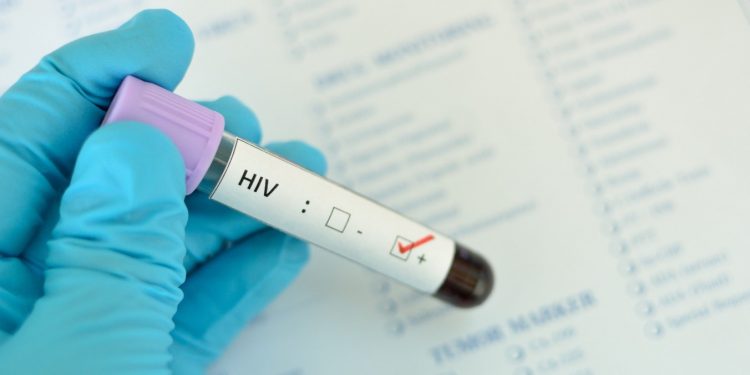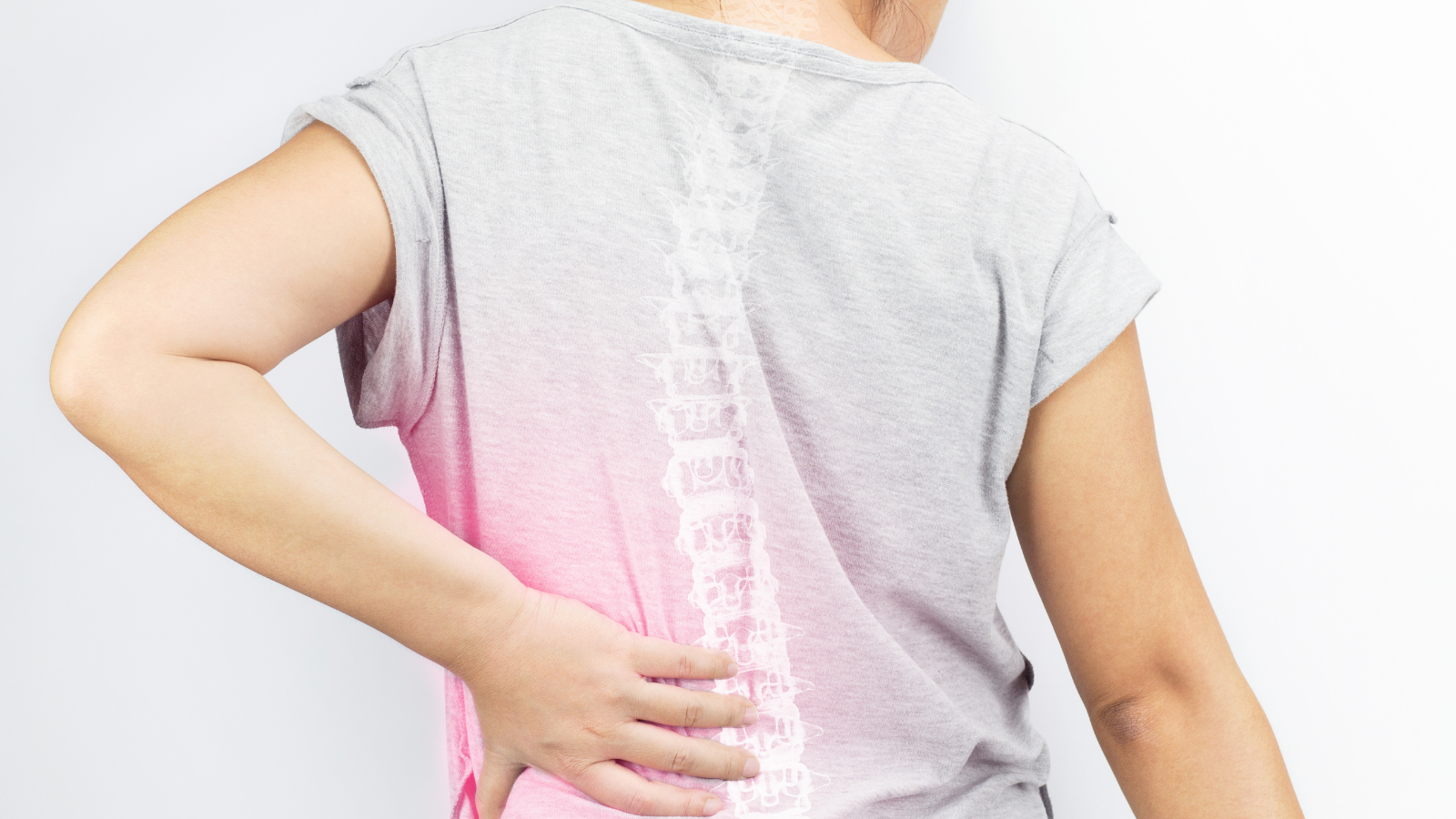Dublin Pride Parade took place this past Saturday (29 June) and while the city was to be taken over by street parties and celebrations, the social and political causes which formed the origins of the Pride Festival continue to remain important.
Access to healthcare is one such issue.
In 2018, there was 528 new cases of HIV, an 8% increase on 2017. Despite new measures being made available to tackle this crisis, this figure is out of sync with other countries where rates of new infections are falling.
In the case of the UK, new HIV infections fell by 17% between 2017 and 2016 and was down by 31% when compared with 2015. While internationally, we see that San Francisco are working on a campaign ‘Getting to Zero’ which aims to reduce new cases of HIV by 90% by 2020.
This year’s Pride Festival provides an opportunity to explore why Ireland is moving in the opposite direction to other countries in terms of the increasing incidence of new HIV infections. It also provides a further opportunity to increase awareness of prevention methods of HIV.
One of the newest innovations in HIV prevention is the medication, Pre-Exposure Prophylaxis (PrEP). PrEP, in conjunction with safe sex practices has been shown to significantly reduce the risk of HIV infection through sex, particularly for those deemed at risk, such as gay and bisexual men, and transgender women, but also for heterosexual men and women.
Two large clinical trials found that PrEP taken daily reduces the risk of HIV infection by 86%. PrEP does not protect against other sexually transmitted infections (STI) or pregnancy, and it is not a cure for HIV. However, it is recognised as a powerful HIV prevention tool when combined with condoms and other prevention methods.
In many cities and countries which have experienced a reduction in the incidence of new cases of HIV, access to PrEP and its increased uptake has been attributed as a significant contributing factor to the fall in new HIV infections.
In Ireland, research undertaken by Teva Pharmaceuticals Ireland (Teva), in association with Gay Community News on attitudes, behaviours and preventative measures around HIV found:
- A high level of awareness about PrEP (97%) amongst respondents, but uptake is still low – at 10%;
- Of those using PrEP, a majority (57%), said they obtain PrEP from unregulated sources, with the majority doing so online. The next largest sources were pharmacy (18%), an STI clinic (15%) or from a hospital (6%).
Commenting Paul Neill, Director at Teva, said:
“The Dublin Pride Festival is an important time of the year. It makes everyone stop and think about the LGBTQ+ community and the ways in which our country can better serve them.
“However, as our research showed, the use of PrEP in Ireland remains low. The situation is not helped by the current restrictions on accessing PrEP, particularly as it remains available only to private patients via prescription and is not reimbursed on publicly funded medicine schemes.
“The Government’s recent announcement that it intends to make PrEP publicly available later this year is extremely welcome.
“However, two aspects to this scheme will be vitally important to its success. Firstly, ensuring that access to PrEP is not restricted, such as through a cap on patient numbers or the budget to fund PrEP for those who wish to access it. And secondly, that there are sufficient HIV and STI testing services in the community to support the introduction of this programme”.










